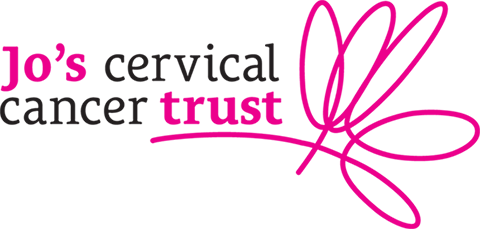Wed, 20/07/2022 - 17:09
Today, the Government has released the Women’s Health Strategy for England.
This new strategy details the government’s 10-year ambitions and the actions to improve the health and wellbeing of women and girls in England. Read the Women's Health strategy >
Jo's, along with thousands of other organsations and individuals contributed the strategy by submitting consultations, evidence and views on what the government should focus on.
Read our consultation response >
Our response
We support the principles of the plan which aim to reduce inequalities and put women at the heart of their care and look forward to working with the Government and Women's Health Ambassador Lesley Regan on this strategy to reduce inequalites and improve health outcomes for women and girls
It is positive to see commitments to improve many aspects of cervical health. This includes education from a young age, training for doctors, reducing barriers to accessing services and targets around menopause. We hope to see adequate funding and resources, in addition to details regarding such initiatives. Commitments to research are positive and we are pleased to see a focus on improvments to our cervical screening programme.
We are pleased to see ambitions to increasing uptake of the HPV vaccination and cervical screening, and alignment with the World Health Organization targets. However we would have hoped to see more given this is a 10 year strategy. The UK should be setting its own more ambitious targets for both vaccination and cervical screening, with a focus on eliminating cervical cancer sitting at the heart of such strategies. We have a real opportunity to make a cancer a thing of the past, this excitement does not seem to have landed. While it could be a game changer for many, HPV self-sampling has been on the cards for many years, and, there is an oversight of looking to solutions such as urine sampling.
A glaring omission is the needs of the 220,000 women who are diagnosed with cell changes every year, the many more who are given a HPV diagnosis and the colposcopy services who support them. Sadly this group all too often falls between the gap of cervical screening and cancer, and their experiences are highly varied.
The digital transformation of screening is a driver for change and will support more risk based approaches to screening, personalisation, choice and targeted interventions. We fully welcome this ambition. Unfortunately we remain sceptical. The cervical screening programme is still running on an IT infrastructure deemed ‘unfit for purpose’ for over 10 years. This project has been continually delayed meaning we are still waiting for the basics to be sorted before we start to look to the future, and this is holding up much needed change and innovation.
Commitments regarding care and follow up for those living with and beyond cancer, in addition to research to improve quality of life, is welcome. We hope to see the inclusion and expansion of these in the delayed Cancer Strategy and call on candidates to ensure this is published as soon as possible.
.
